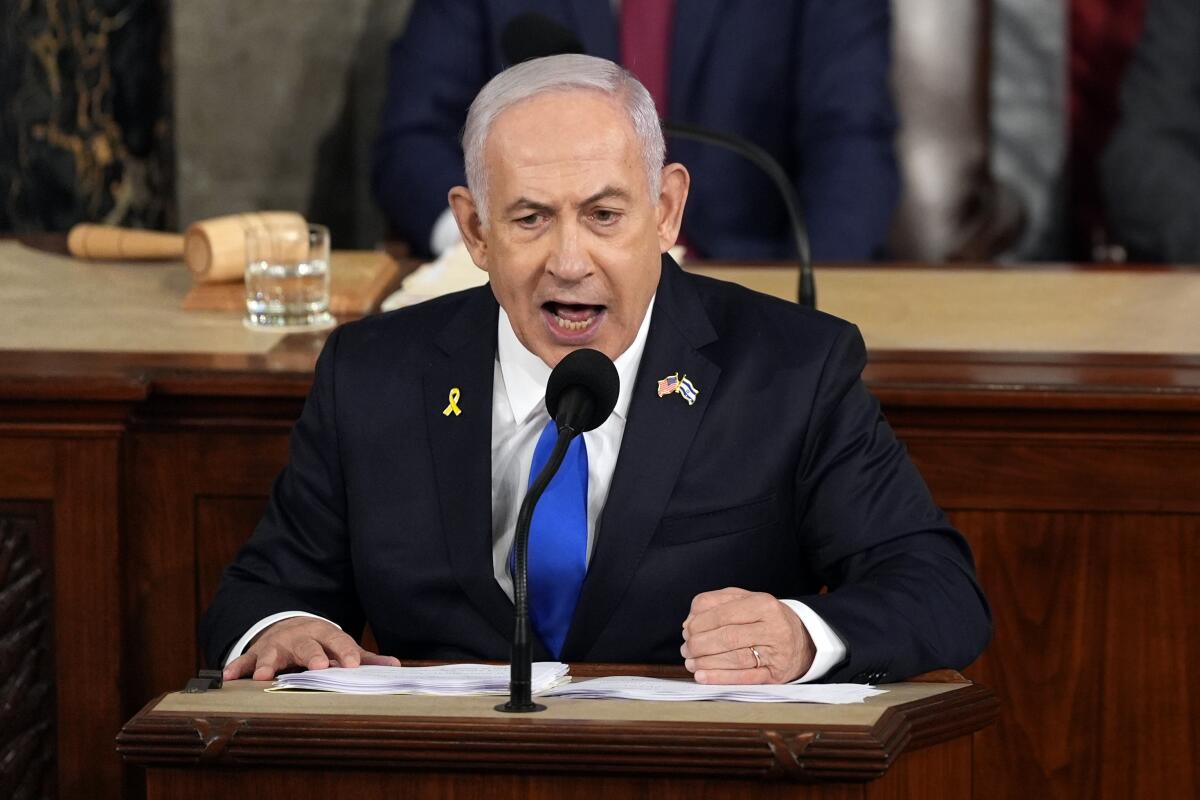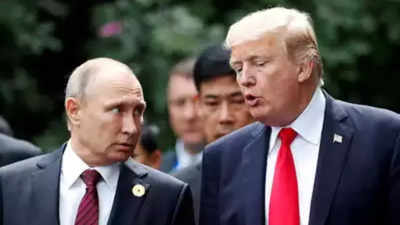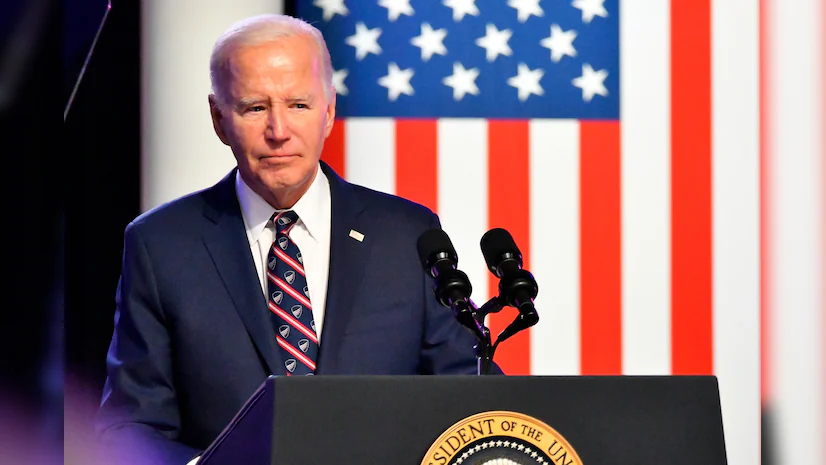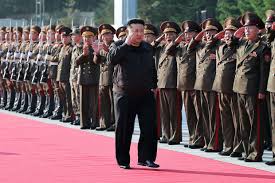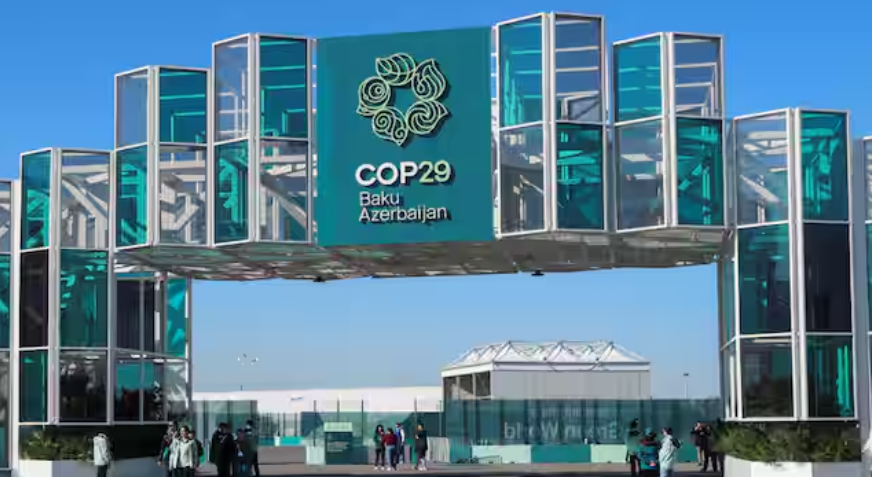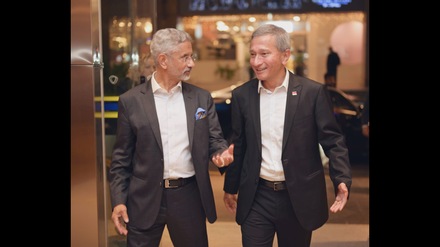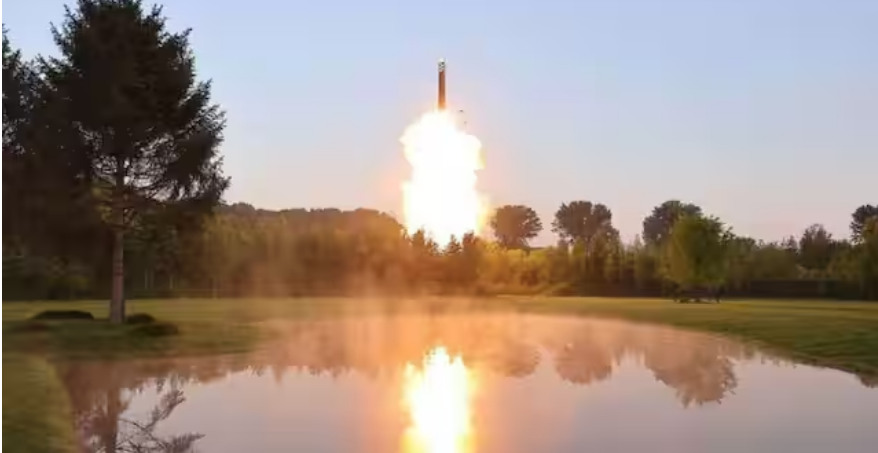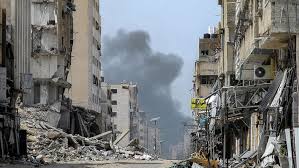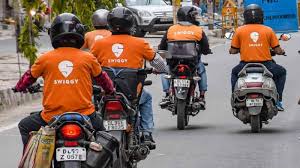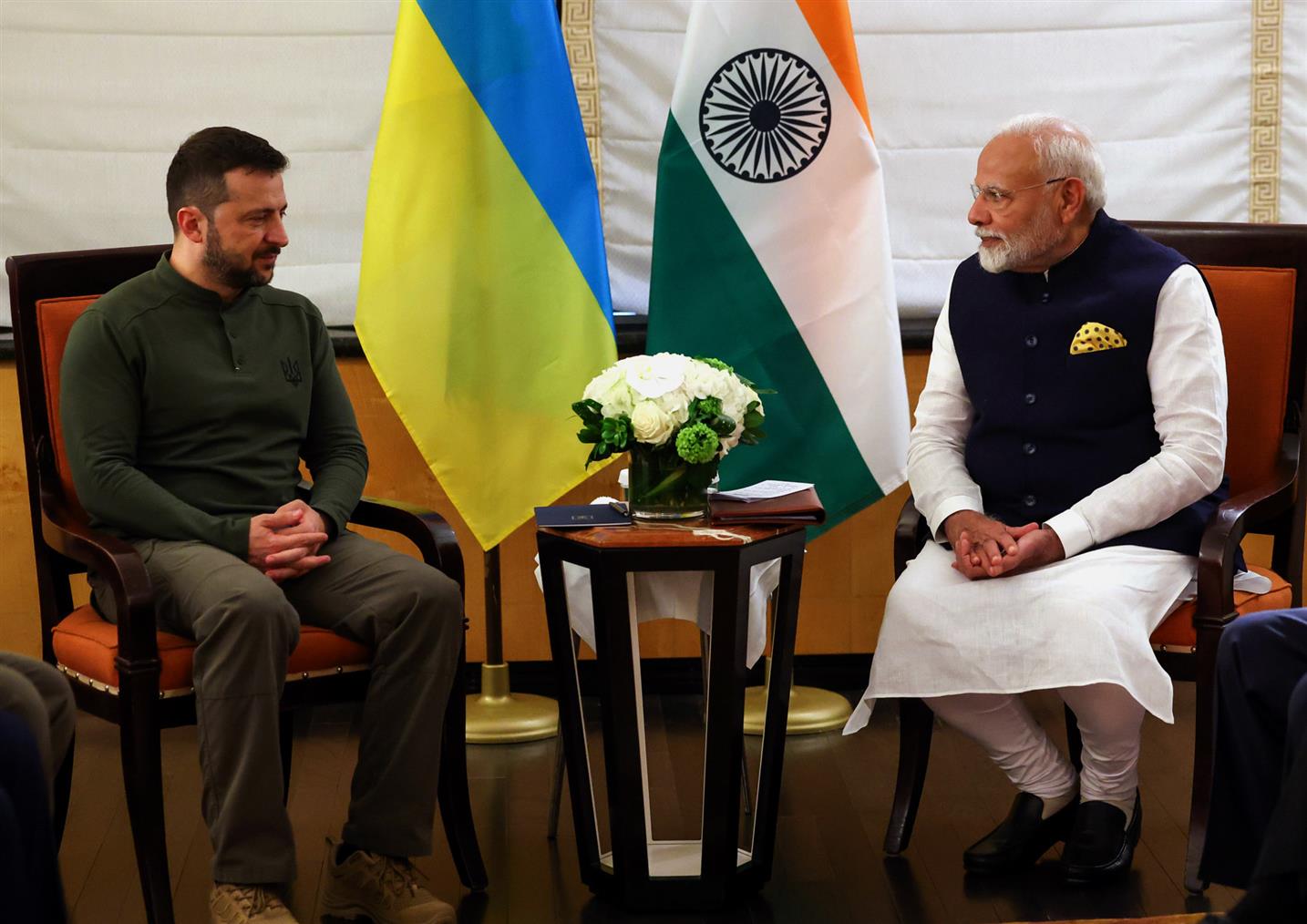Ashraf Ghani leaves country as Taliban takes control of Kabul

NEW DELHI: Afghan President Ashraf Ghani left the presidential palace in Kabul on Sunday to the insurgent Taliban fighters who had toppled his government in a matter of weeks, saying he wanted to avoid bloodshed.
Twice elected president, both times after bitterly disputed contests, the former World Bank academic left the country without saying where he was going.
The Islamists Taliban seized Kabul after capturing the last remaining major cities from the government and tightening the noose around the capital by systematically cutting off every route out to the rest of the country.
It was reported in the afternoon that Ghani had flown to Tajikistan along with national security adviser Hamdullah Mohib and other close associates.
In a Facebook post later on Sunday, Ghani confirmed he had flown out of Afghanistan and said he had sought to “avoid bloodshed” with the fate of millions of people at the stake as the Taliban entered Kabul.
The president, who did not disclose his location, said insurgents now faced a historic test. “The Taliban won victory in the judgment of sword and gun and they have responsibility to protect the honour, prosperity and self-respect of our compatriots,” he said.
Abdullah Abdullah, the head of the Afghan delegation at the talks with the Talibs in the Qatari capital, Doha, who lost to Ghani in a disputed presidential election, commented: “The former president of Afghanistan left Afghanistan, leaving the country in this difficult situation. God should hold him accountable.”
There were claims in the afternoon that Ghani had agreed to resign. There was no confirmation of that, however, though in a recorded speech he said negotiations will lead to a “peaceful transfer of power to the transitional government”.
Zabihullah Mujahid, the Taliban spokesperson, said talks were underway to achieve this. Any “transfer”, however, would mean an effective surrender of power to the Taliban and, with it, all that it is feared will be lost on human rights, equality for women, freedom of expression and the democratic process of government.
Safety, however, was the most immediate concern for the people of Kabul. There were outbreaks of shooting, at first sporadic and then later slightly more sustained, on the streets. Small groups of armed men could be seen in the morning in some of the suburbs, especially on roads coming in from the Logar province.
Further into the city motorcyclists with keffiyehs around their faces took photographs at checkpoints and government buildings, and also of the heavily fortified and supposedly secure “green zone” which has now been largely abandoned.


